How can we begin to understand the majestic, intense and complicated experience of conversing with God? One way is to look closely at the prayers themselves and their sources in the Torah.
Finding Meaning in Prayer
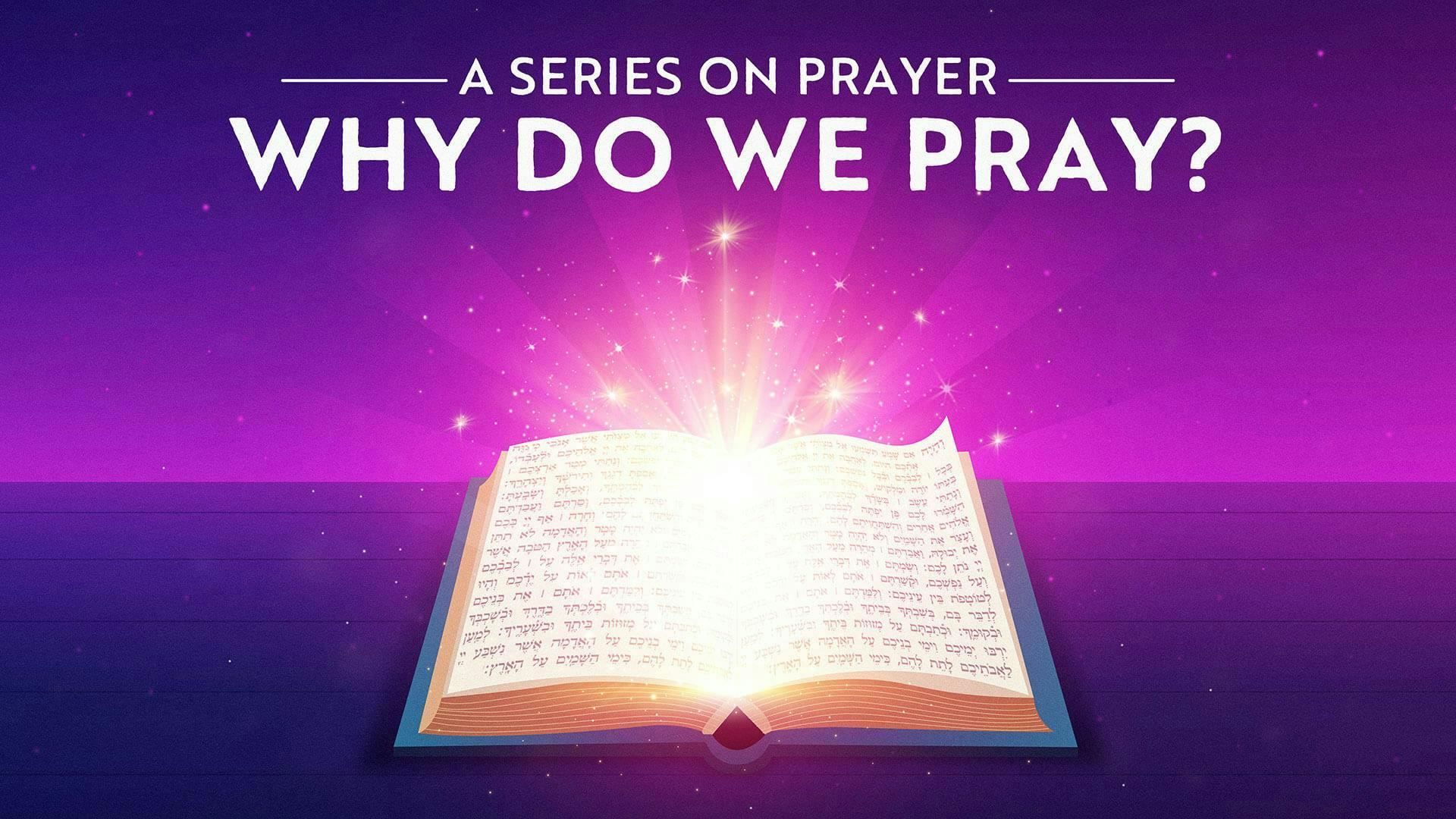
Why It Is Important To Pray
Animated Video • 13 min

Struggling to Connect to God on the Days of Awe
Animated Video Series • Part 1 of 4 • 8 min
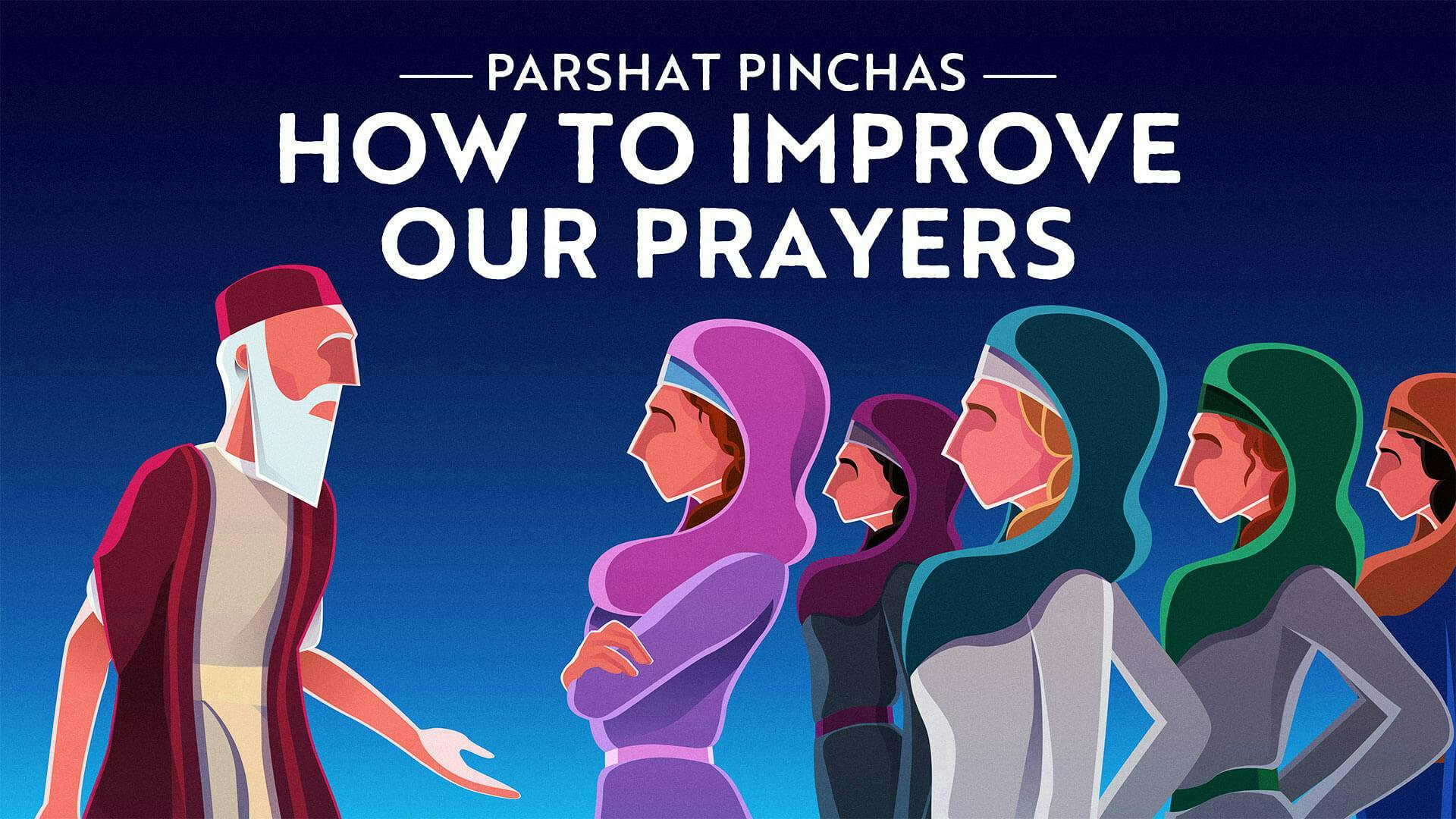
How To Improve Our Prayer: Lessons From The Five Daughters of Zelophehad
Animated Video • 15 min
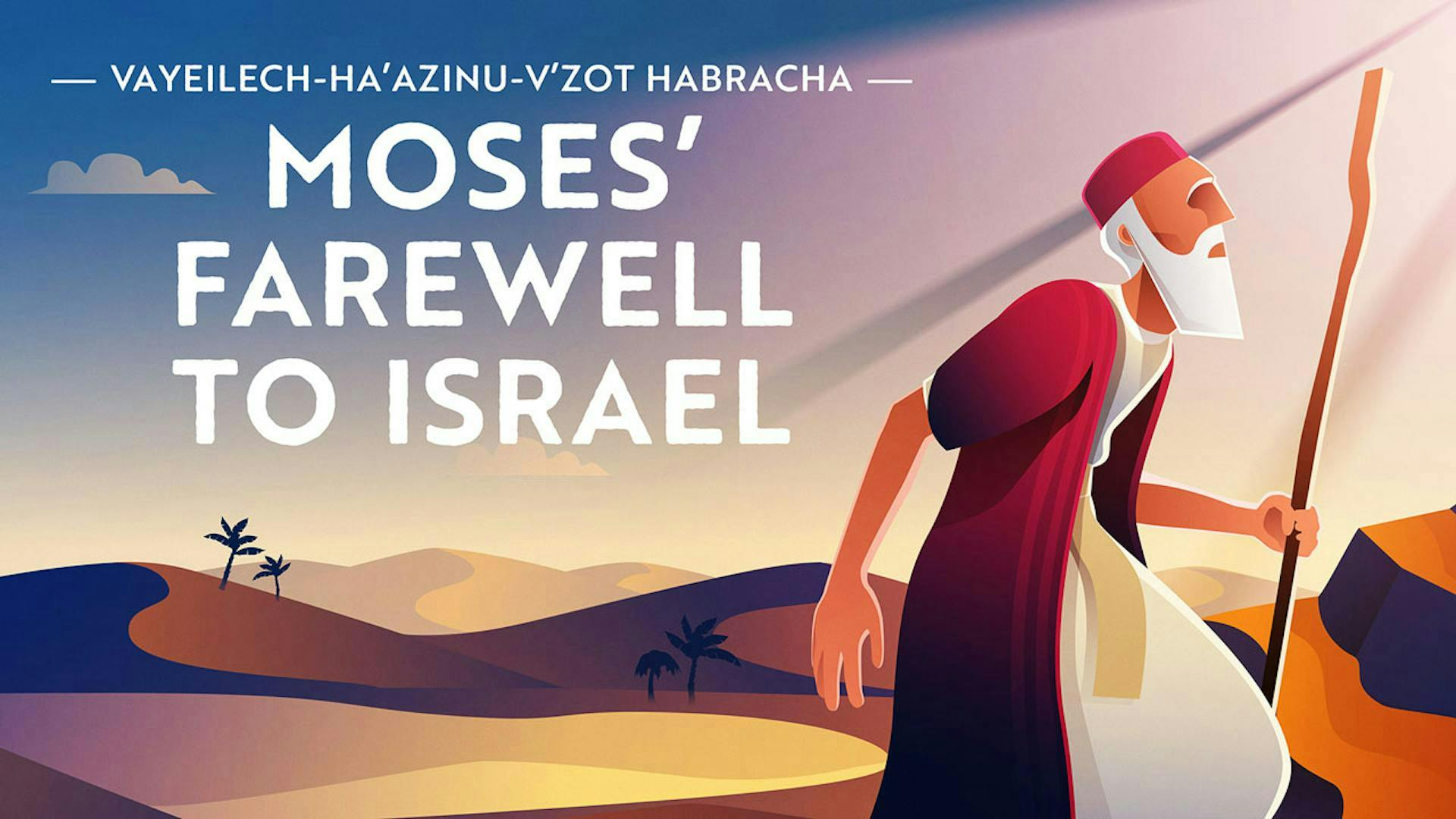
Moses’s Psalm: A Paradigm Of God Answering Prayer
Animated Video Series • Part 1 of 3 • 15 min

Does God Speak To Us Today?
Animated Video Series • Part 1 of 4 • 11 min

Can We Change God’s Mind With Our Prayers?
Animated Video • 11 min
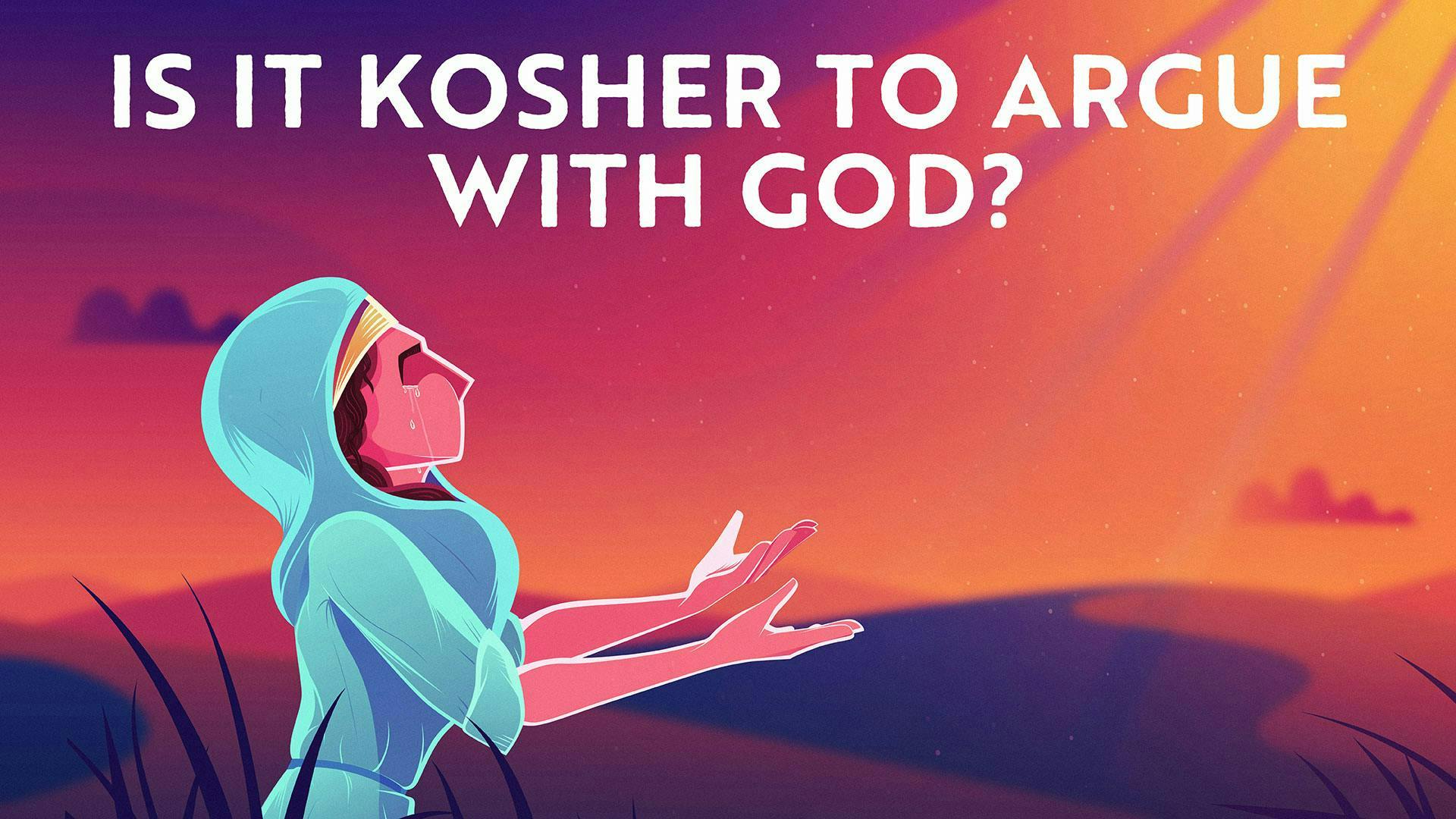
Is It Kosher To Argue With God?
Deep Dive Course • Part 1 of 10 • 36 min

The Spiritual Meaning Of Biblical Animal Sacrifices And Offerings
Animated Video • 13 min
Daily Tefilot
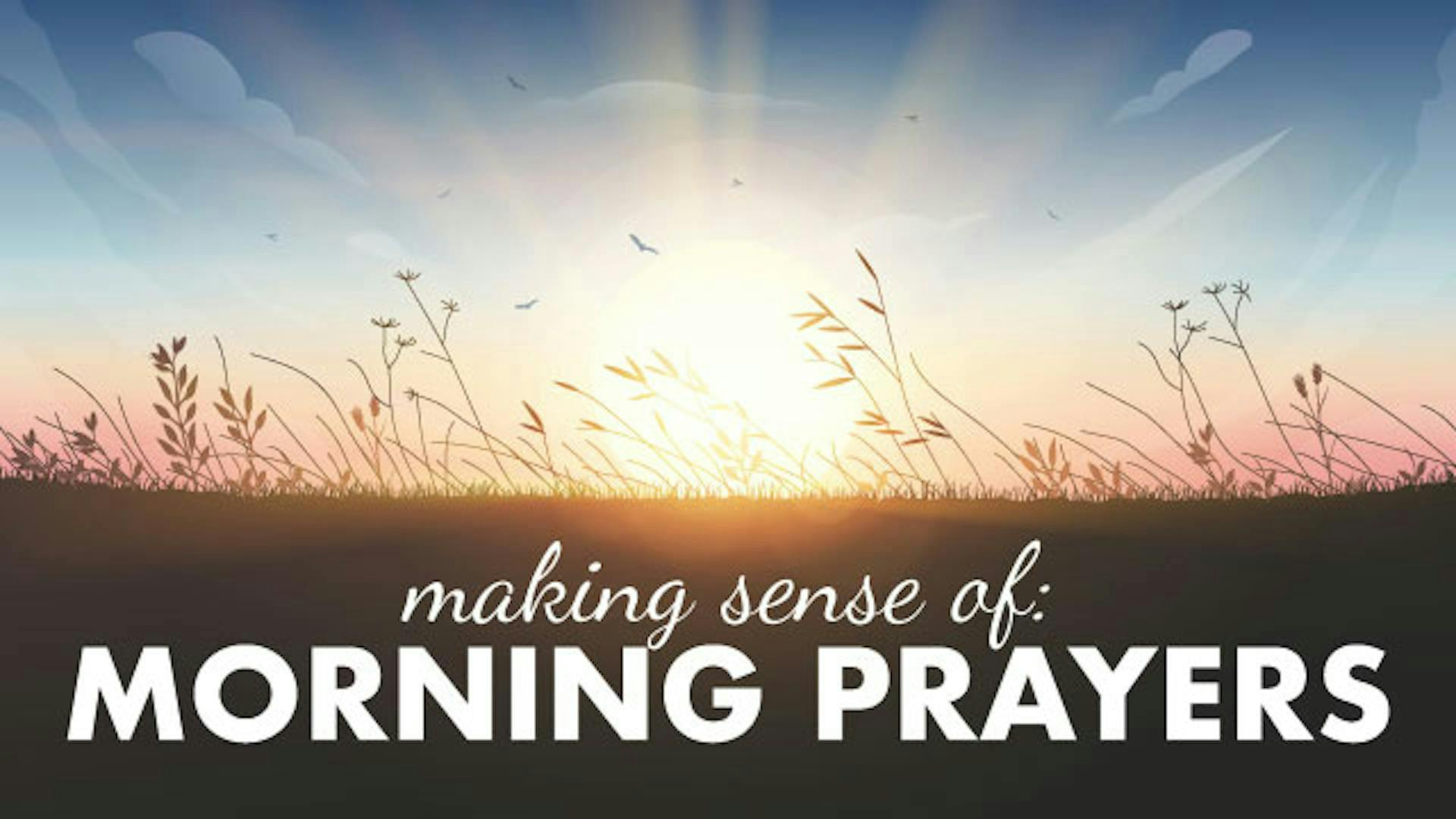
Making Sense Of: Morning Prayers
Animated Video Series • Part 1 of 6 • 11 min

Sefirah, Prayer and Healing from Trauma
Recorded Lecture • Part 1 of 9 • 26 min

Shelo Asani Ishah: Why Thank God For Not Being A Woman?
Animated Video • 11 min
Shabbat Tefilot
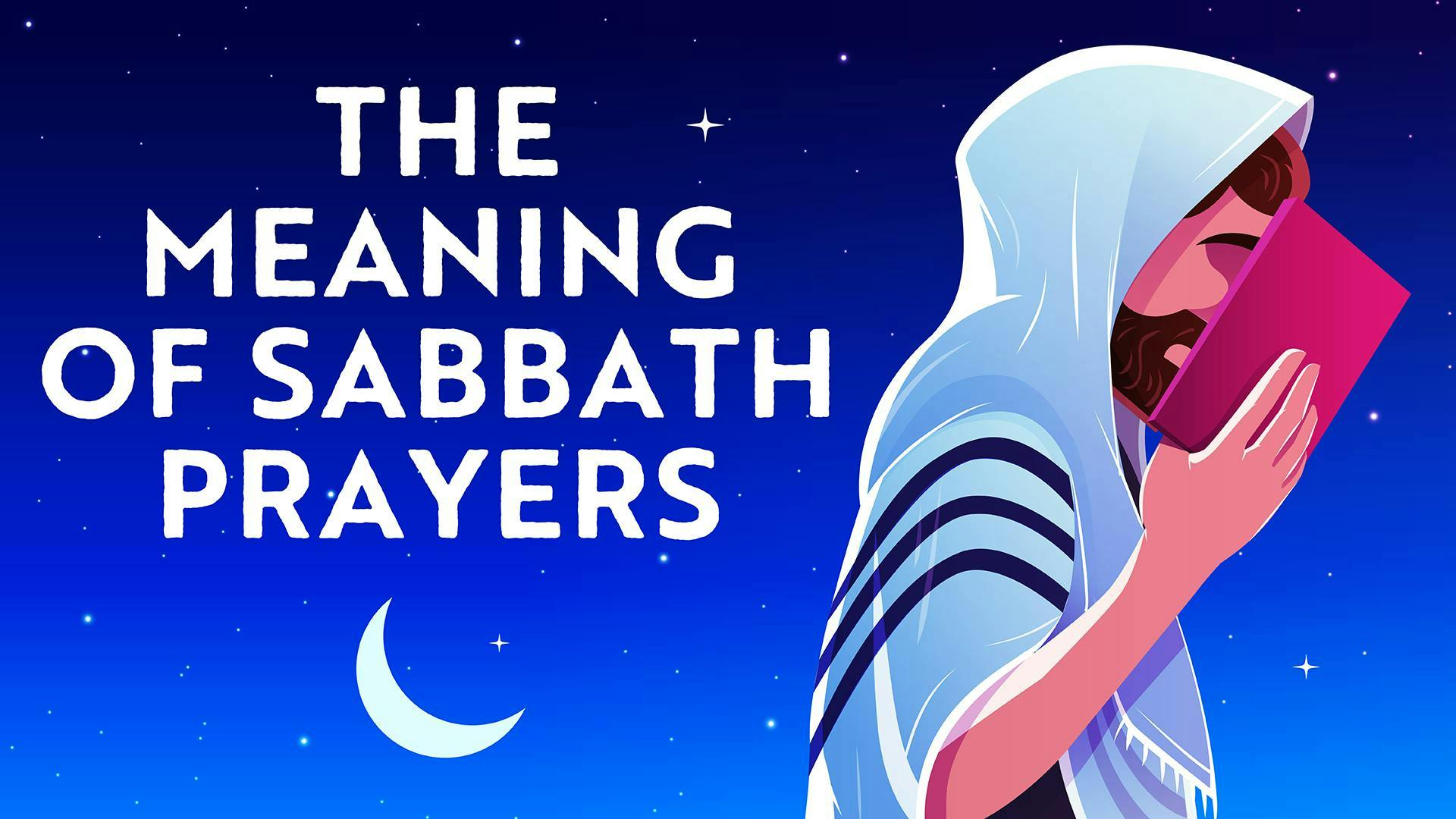
The Meaning Of Sabbath Prayers
Recorded Lecture • Part 1 of 3 • 1 hour, 6 min
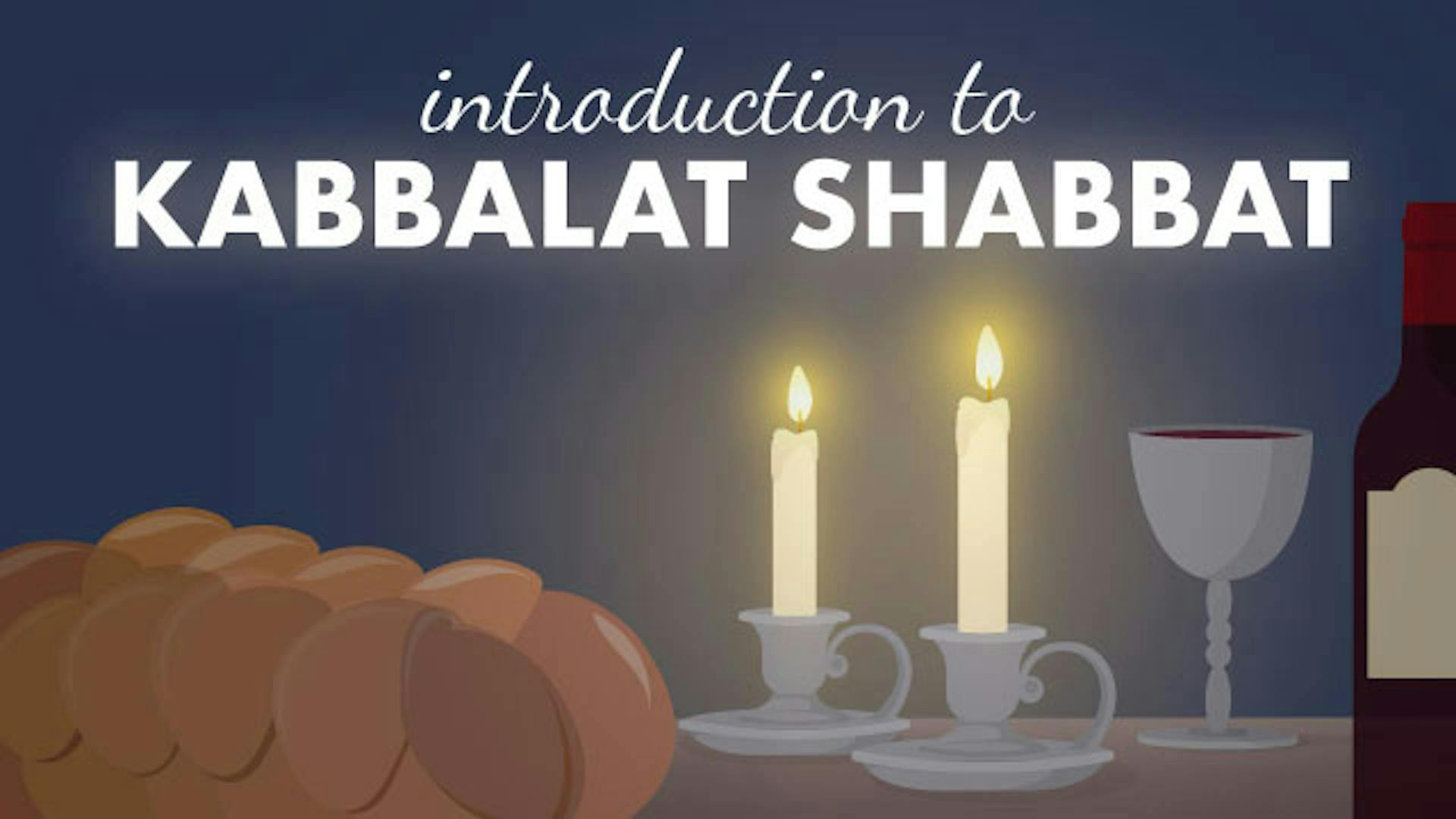
Introduction To Kabbalat Shabbat
Deep Dive Course • Part 1 of 9 • 54 min

The Deeper Meaning Of Shabbat Morning Kiddush
Animated Video • 14 min
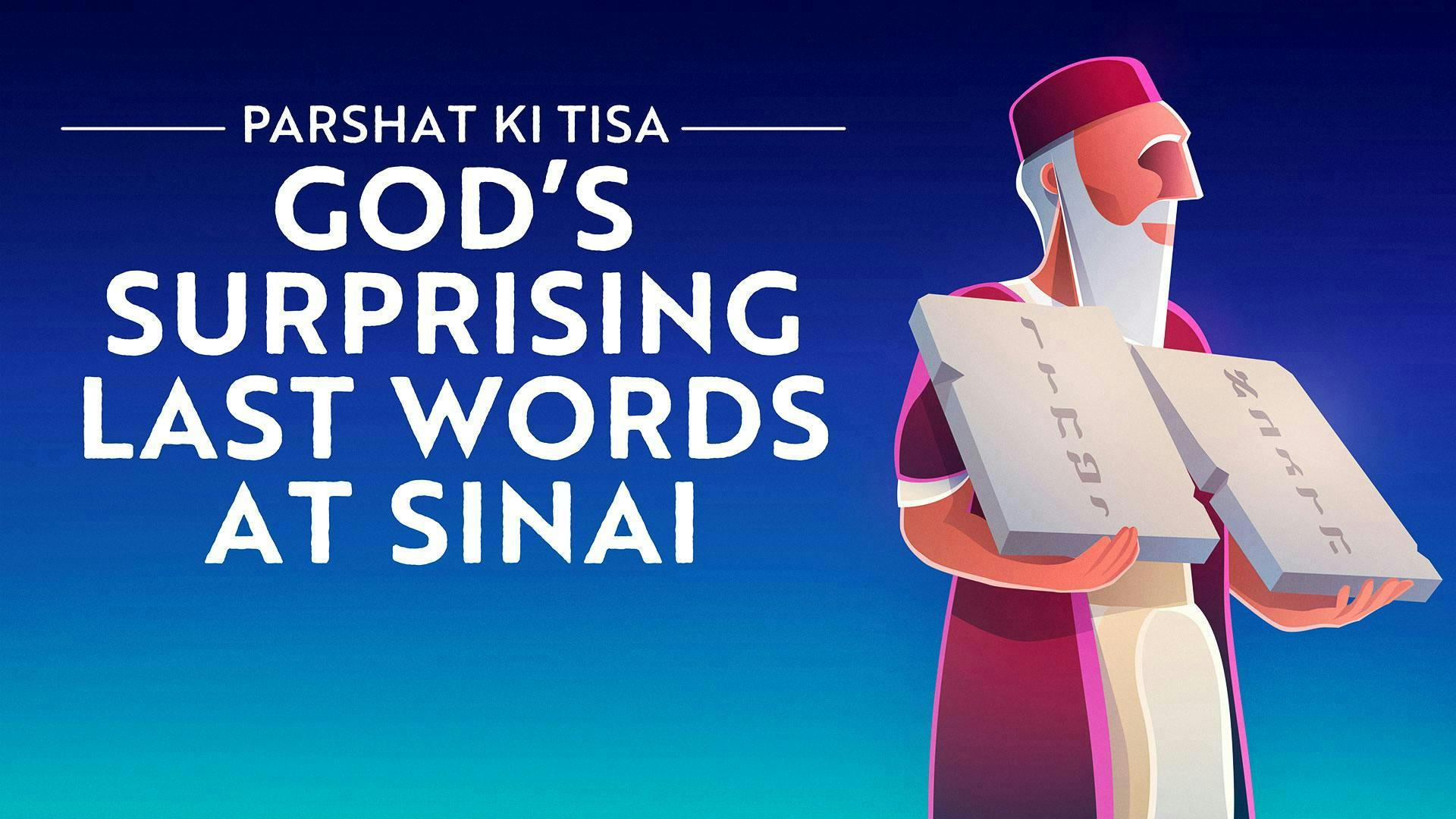
The Origins and Meaning Of ViShamru
Animated Video • 24 min
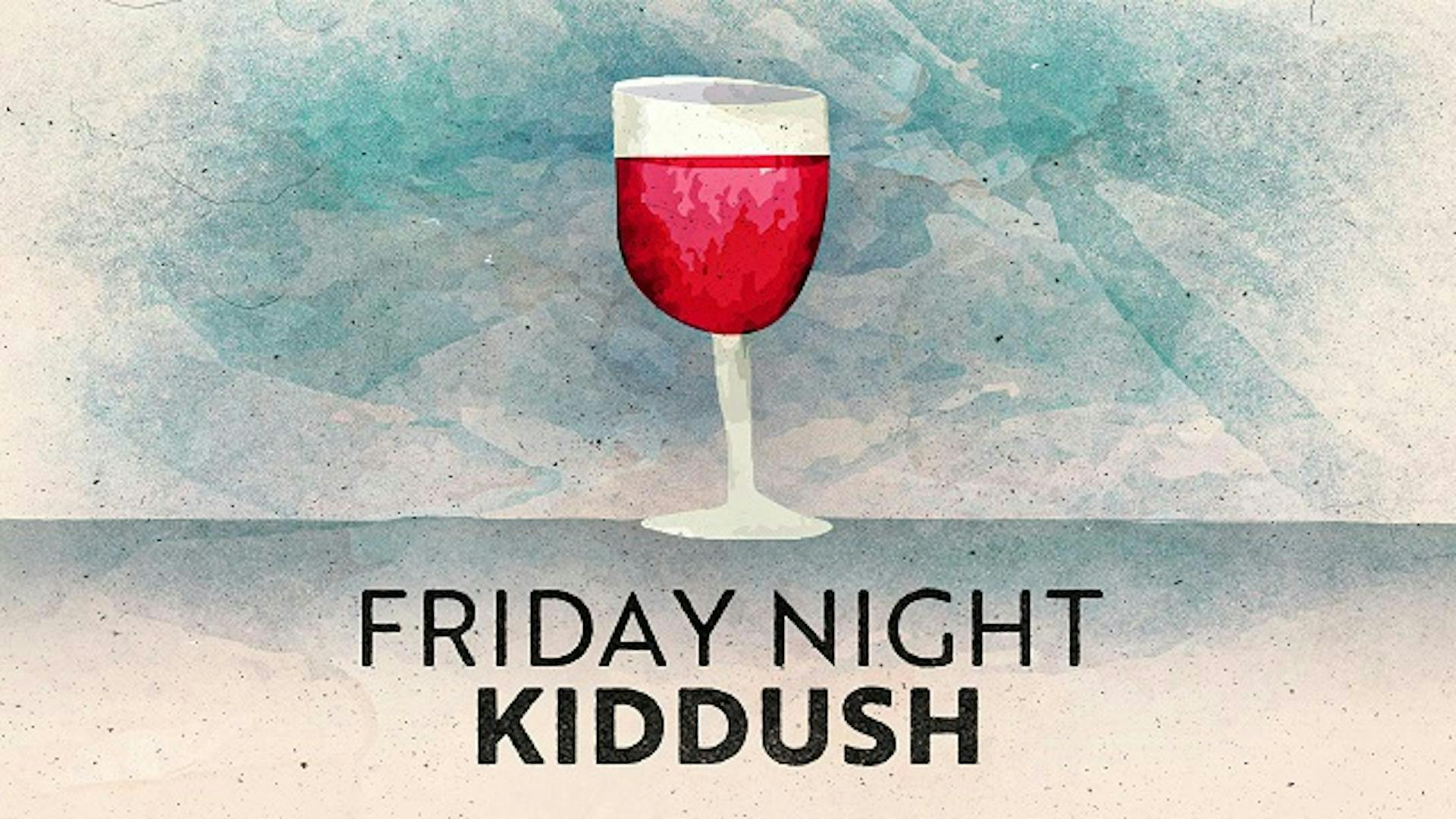
Friday Night Kiddush
Recorded Lecture • Part 1 of 2 • 15 min

A Closer Look At Eshet Chayil
Recorded Lecture • 1 hour, 11 min
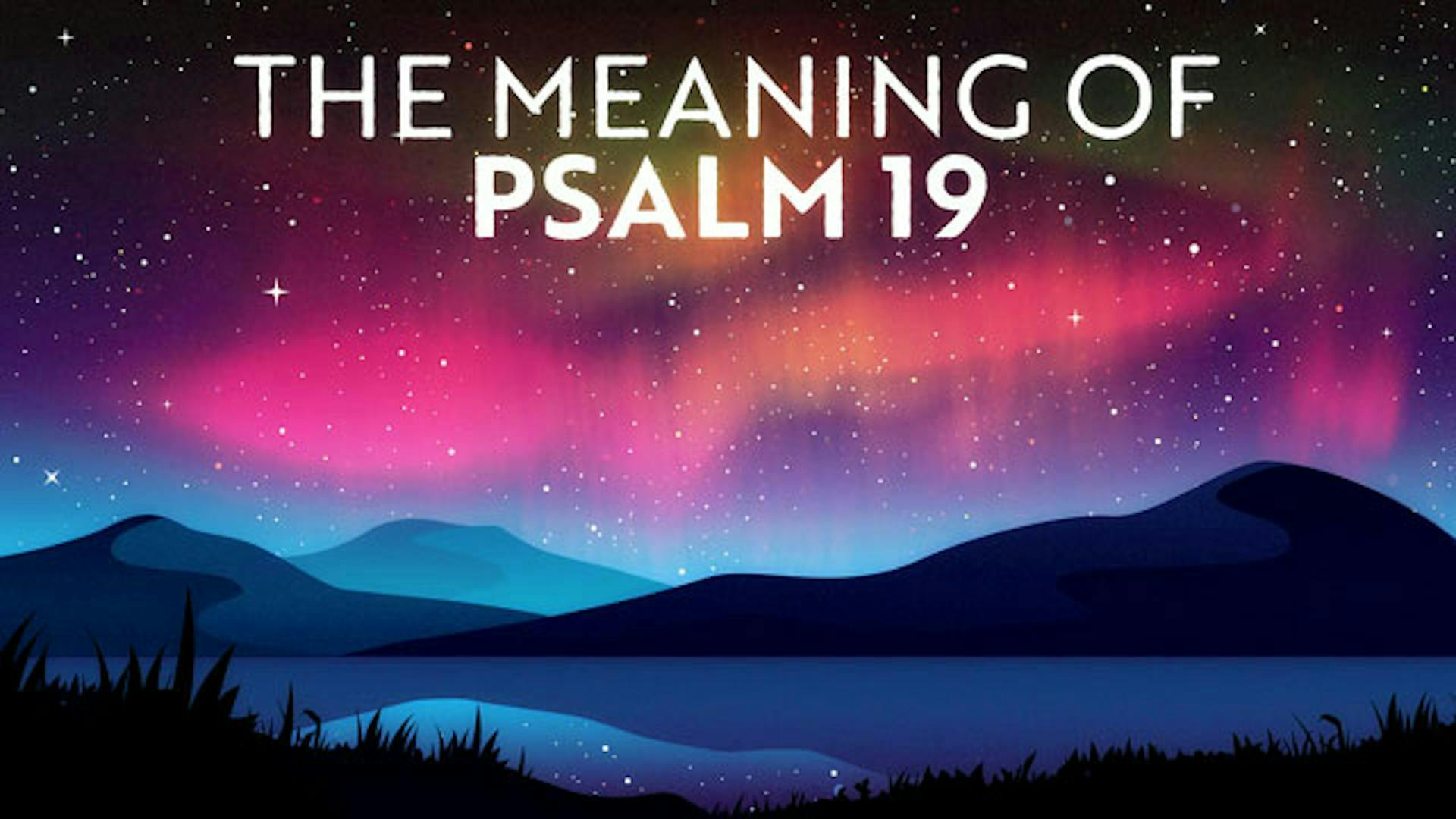
The Heavens Declare The Glory Of God
Recorded Lecture • 40 min
Holiday Tefilot

The Meaning of Hallel
Recorded Lecture • Part 1 of 7 • 56 min

Understanding Selichot: Why And How Do We Say Selichot
Recorded Lecture • 1 hour, 44 min
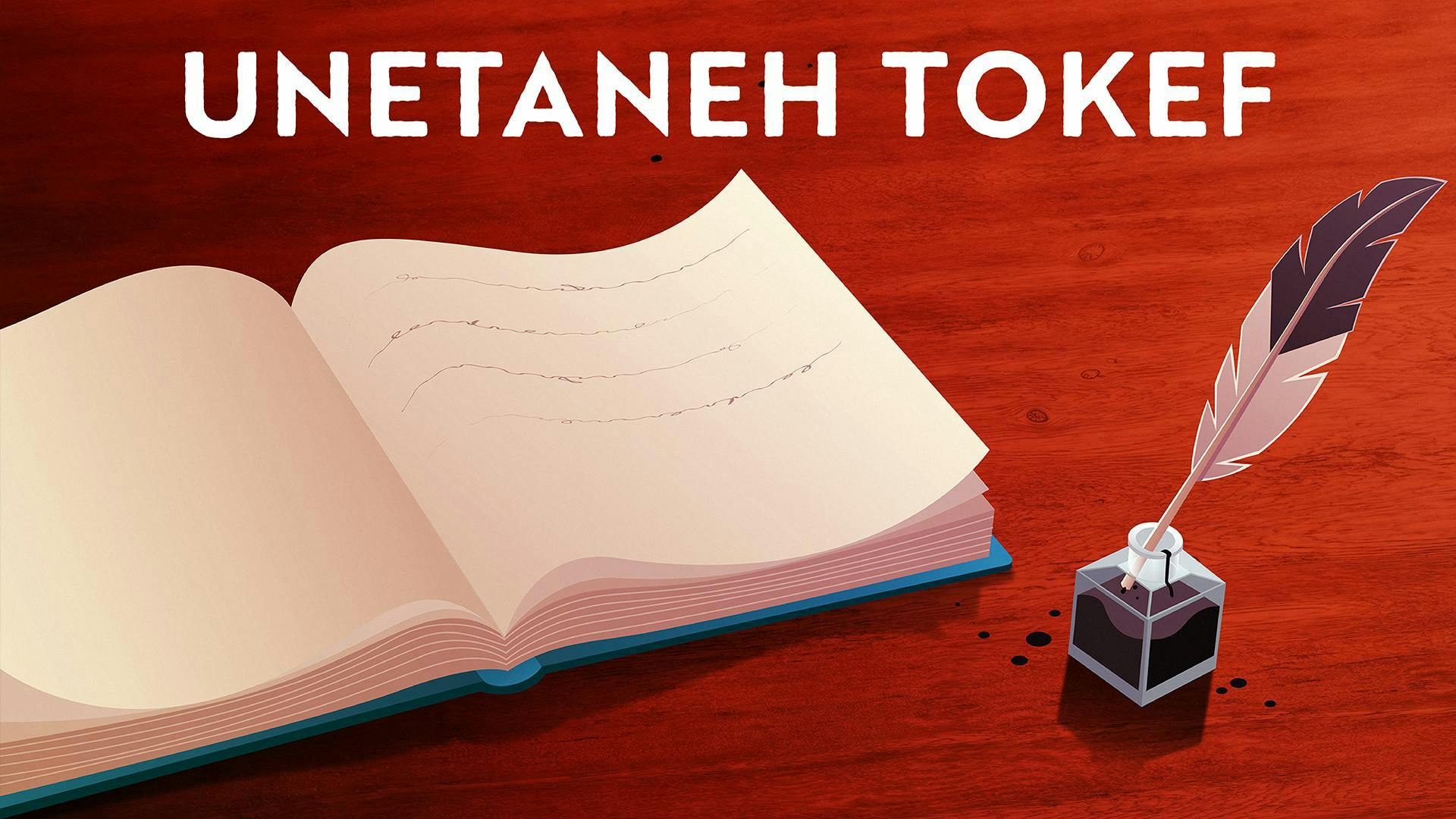
Commentary On Unetaneh Tokef - The High Holiday’s Scariest Prayer
Recorded Lecture • 1 hour, 11 min
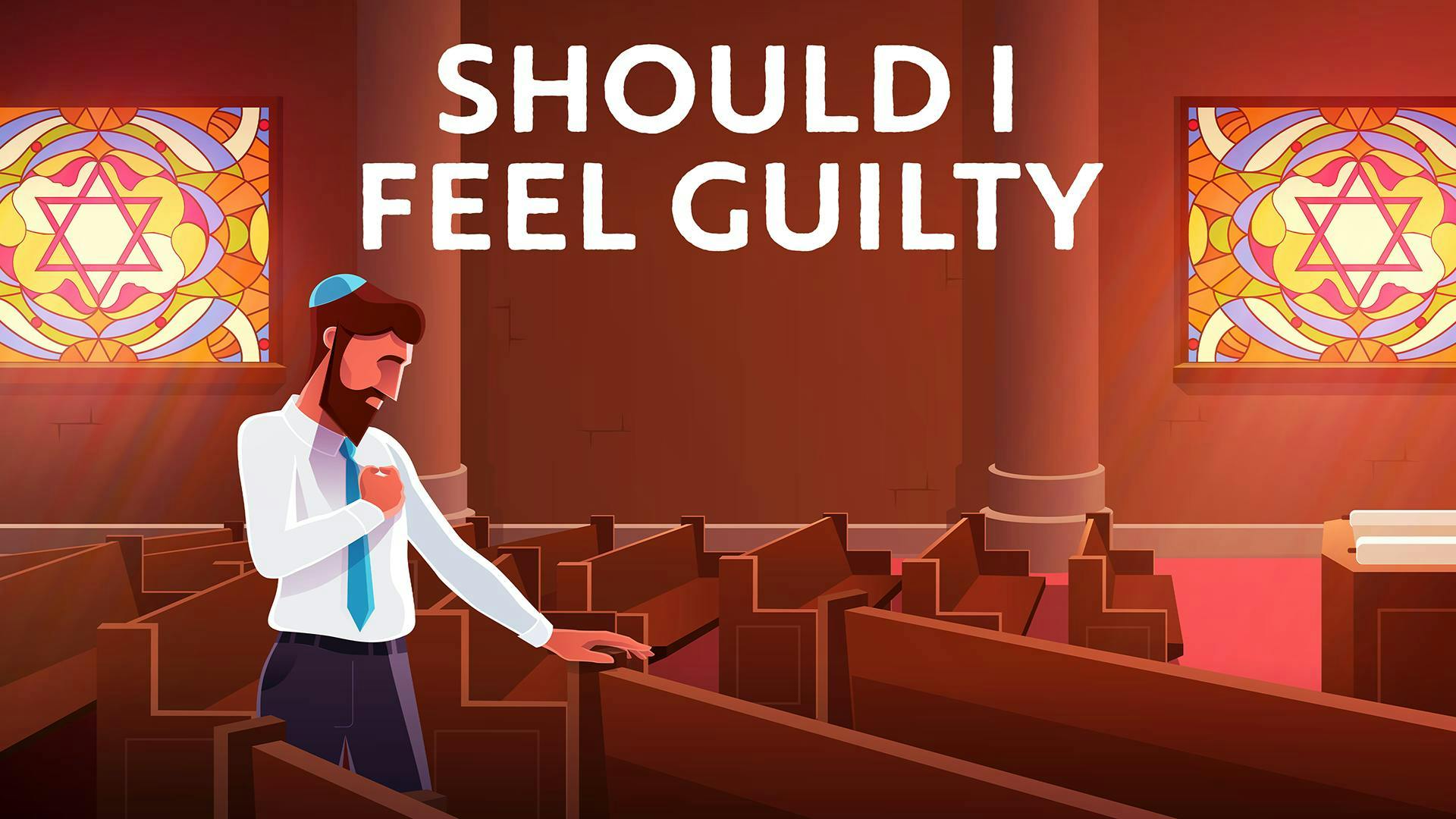
The High Holidays: Should I Feel Guilty?
Animated Video • 33 min
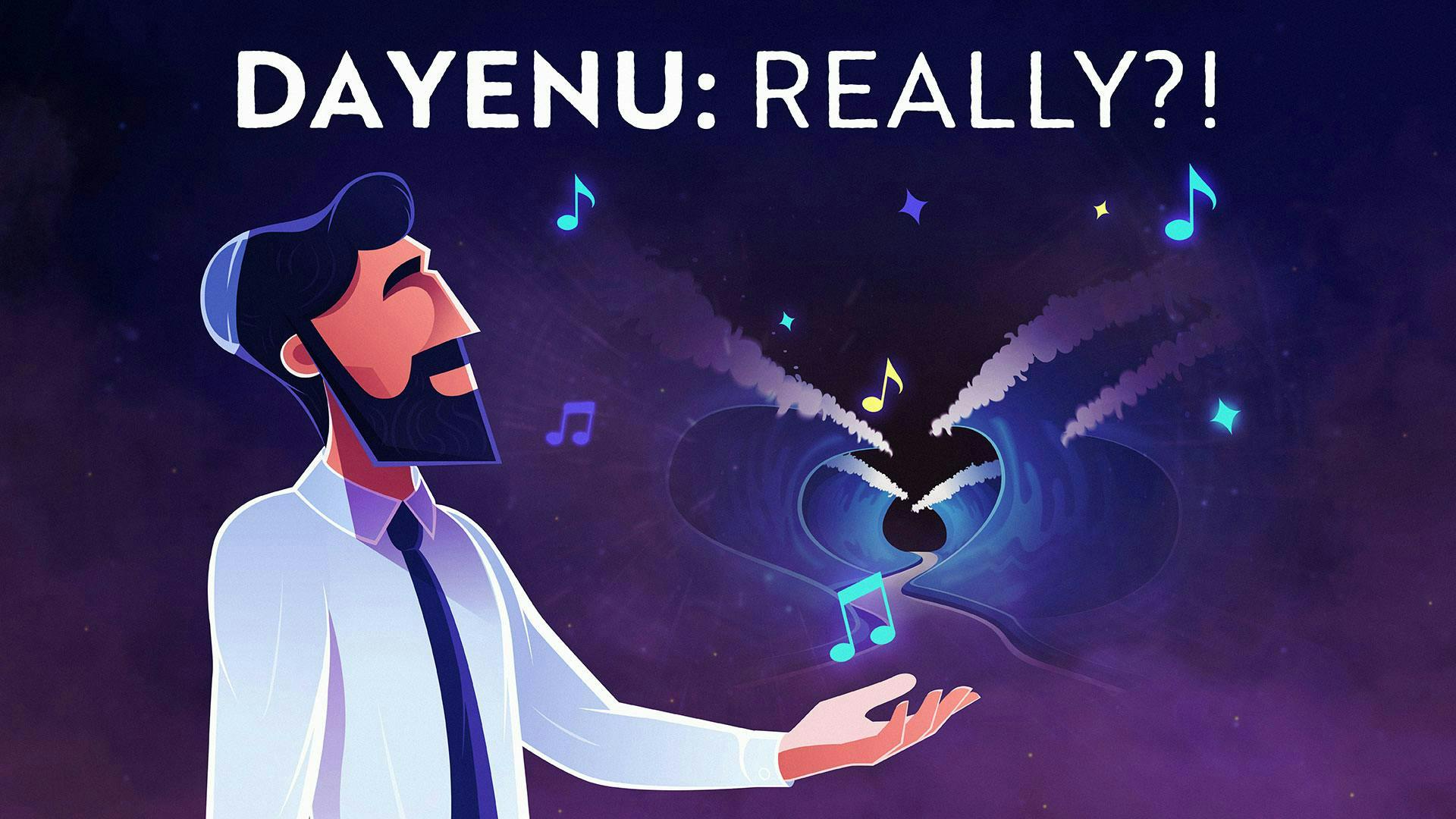
Dayenu In The Pesach Haggadah
Recorded Lecture • 1 hour, 21 min